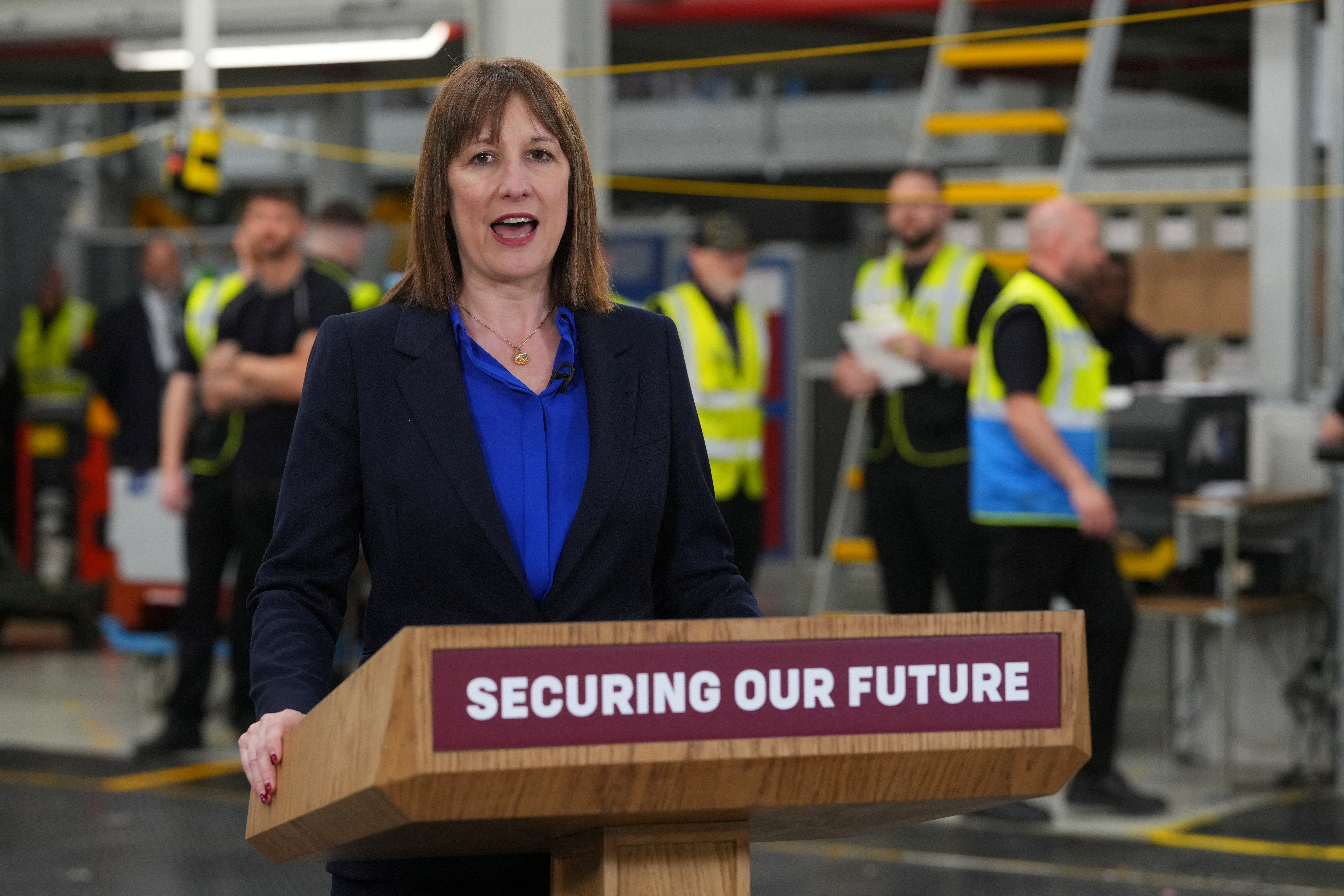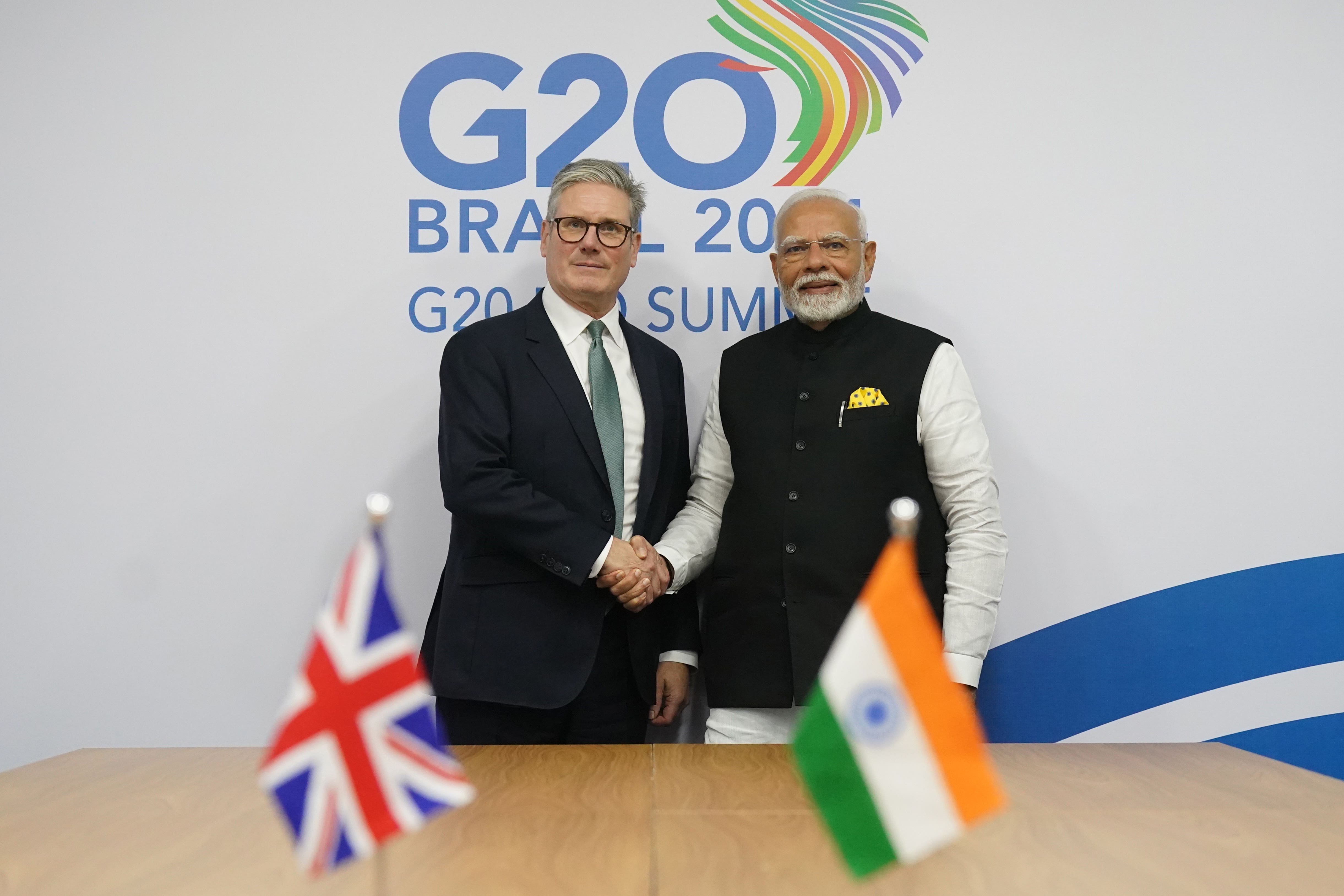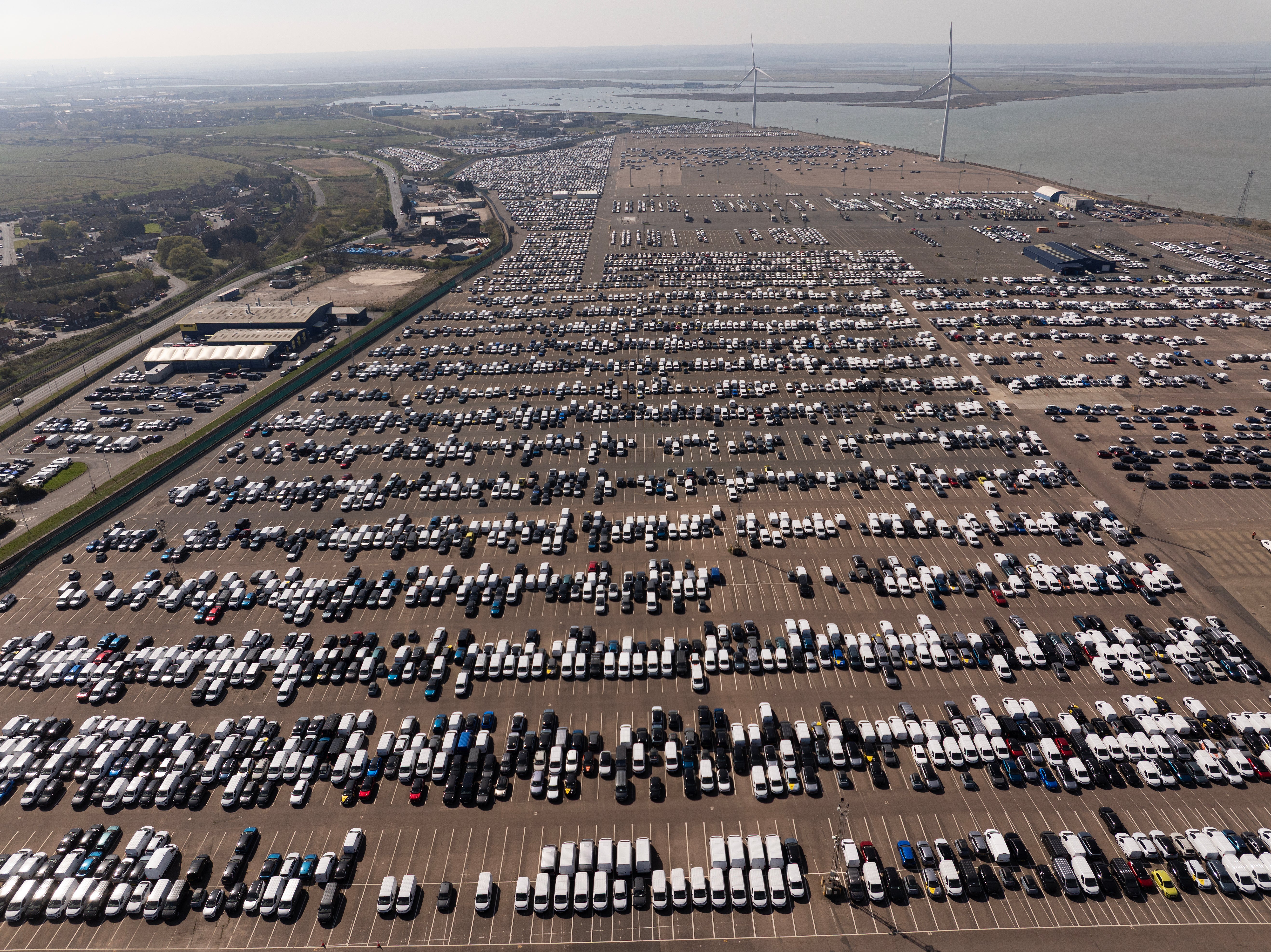India hopes to sign a free trade agreement with the UK “sooner rather than later” as the two nations intensify negotiations amid growing global economic instability sparked by Donald Trump’s imposition of near-worldwide tariffs.
Nirmala Sitharaman, India’s finance minister, said on a visit to London that New Delhi was actively pursuing bilateral trade pacts in response to a shifting and fragmenting global order.
Speaking ahead of talks with UK chancellor Rachel Reeves, Ms Sitharaman said the changing geopolitical environment had underscored the need for nations to prioritise direct trade relationships.
While denying the US levies were the reason for the urgency in trade talks with the UK, she admitted they were part of the global economic headwinds prompting India to seek new trade ties.
Mr Trump announced a new set of import duties on foreign goods on 2 April, affecting both British and Indian exports. The tariffs went into effect on Wednesday.
“We hope that with the new government showing a great deal of commitment and enthusiasm to have this agreement signed, we will be in a position to sign it sooner rather than later,” Ms Sitharaman said during an event at the Indian high commission in London.
“India is also looking at many bilateral arrangements. In the recent past, we’ve signed agreements with Australia, the UAE, with Oman, and we’re looking forward to concluding the bilateral trade agreement with the UK, negotiating also with the EU.”

India and the UK have been negotiating a free trade agreement since January 2022. The talks were relaunched last month under the new Labour government.
Ms Reeves is hosting the Indian finance minister this week as part of the 13th UK-India Economic and Financial Dialogue. The talks also include the UK trade secretary Jonathan Reynolds, who visited India in March to formally restart the trade discussions.
In addition to the free trade deal, the two nations are negotiating a bilateral investment treaty.
Ms Sitharaman said the discussions would cover mutual recognition of professional qualifications, cooperation in science and technology, and collaboration in higher education.
She will also meet the lord mayor of London and have discussions with industry leaders in the city.
The finance ministers are expected to attend a working dinner on Wednesday evening which may include prime minister Keir Starmer.
Ms Sitharaman said the world was increasingly multipolar and fragmented, driving nations to step away from traditional alliances and multilateral forums in favour of bilateral arrangements.
“Ideological or bloc-related affiliations no longer hold,” she said. “Bilateral arrangements for trade, or for any other reason, are catching up.”

The Indian government under Narendra Modi has lately struck trade deals with Australia, the UAE and Oman and started negotiations with the EU. A trade deal with the European Free Trade Association comprising Switzerland, Norway, Iceland and Liechtenstein was concluded after 16 years.
“Global uncertainties – the imponderables – are multiplying by the day,” Ms Sitharaman said at the event in London, adding that “economic interests are now part of strategic interests”.
She noted that India’s negotiations with the UK were longstanding and not a knee-jerk response to the latest developments in the US.
At an earlier event in the city, titled “Opportunities and challenges for India's quest to become a developed economy by 2047”, the minister highlighted India’s resilience and the strength of its domestic demand.
“India has maintained its fastest growing economy tag continuously for five years. It is backed by demand for global-standard goods,” Ms Sitharaman said.
“The US is the leading trade partner for India. So, at a time when trade is going to be influenced by tariffs…we still will have to make sure that the strength that India has in domestic demand…must be sustained and boosted.”
India’s large consumer base, she said, made it a natural magnet for foreign direct investment and global manufacturing. “We think India, and a few emerging markets, are going to be the engines of growth. The global depressed growth, if it has to pick up, will have to be because of these engines,” she was quoted as saying by the news agency PTI.

The UK is seeking lower Indian tariffs on goods such as whisky and automobiles as well as expanded access for its financial and legal services sector in the South Asian country.
In return, New Delhi wants faster and easier visa processing for Indian professionals, particularly those staying temporarily in the UK for business.
A sticking point is India’s objection to its workers on business visas being required to pay National Insurance in the UK despite not being eligible for local pension or social security benefits, The Guardian reported.
The talks are also expected to explore education collaboration. Ms Sitharaman expressed concern that the UK was losing ground to the US as a destination for Indian students and called for renewed efforts to revive interest.
“There was a time when the first choice for Indian higher education seekers was UK, but gradually it came down,” she said. “You see Indians discuss prioritising the United States rather than UK…That momentum will have to be regained.”
There is an ongoing debate within the UK government over international student visa rules, especially about the two-year post-study visa that allows foreign graduates to remain in the country even if they do not have a job.
While the Home Office has proposed tightening the visa rules to reduce legal migration, the Department for Education is said to be concerned about the potential harm to UK universities.
Several British universities are already increasing their presence in India. Queen’s University Belfast is set to begin courses at the Gujarat International Finance Tec-City, or Gift City, next year and the University of Surrey is exploring opportunities as well.
Ms Sitharaman used her visit to encourage further investment in Gift City, pitching it as India’s financial hub of the future during a meeting with Baroness Shriti Vadera, chair of insurance giant Prudential PLC.
Infected Blood Inquiry to hold more hearings
Map: Worst areas for council house waiting lists as some hit 100 years
Rachel Reeves caught joking about government debt in ‘hot mic’ moment
Farage claims his friendship with Trump could ‘help’ with US tariff negotiations
Trump tariffs live: China announces fresh 84% levy on US goods
85% of NHS medicines could be at risk due to tariff trade friction, ministers warned







